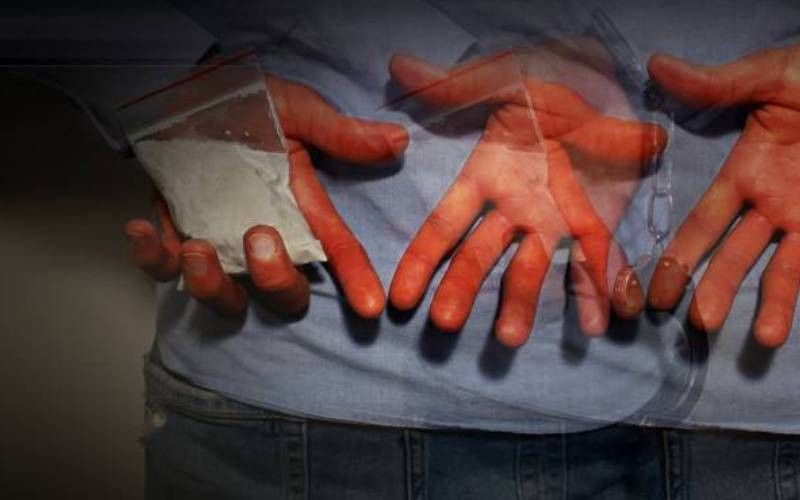×
The Standard e-Paper
Stay Informed, Even Offline

Drug addiction has wreaked havoc on Isiolo County's youth. Many young people are selling drugs to make ends meet, and the vast majority of them have become addicts.
Heroin, bhang, and cocaine are some of the most commonly abused drugs. In the midst of this, a new dangerous drug known as 'Kete' has been introduced to the market and is becoming increasingly popular among young people.